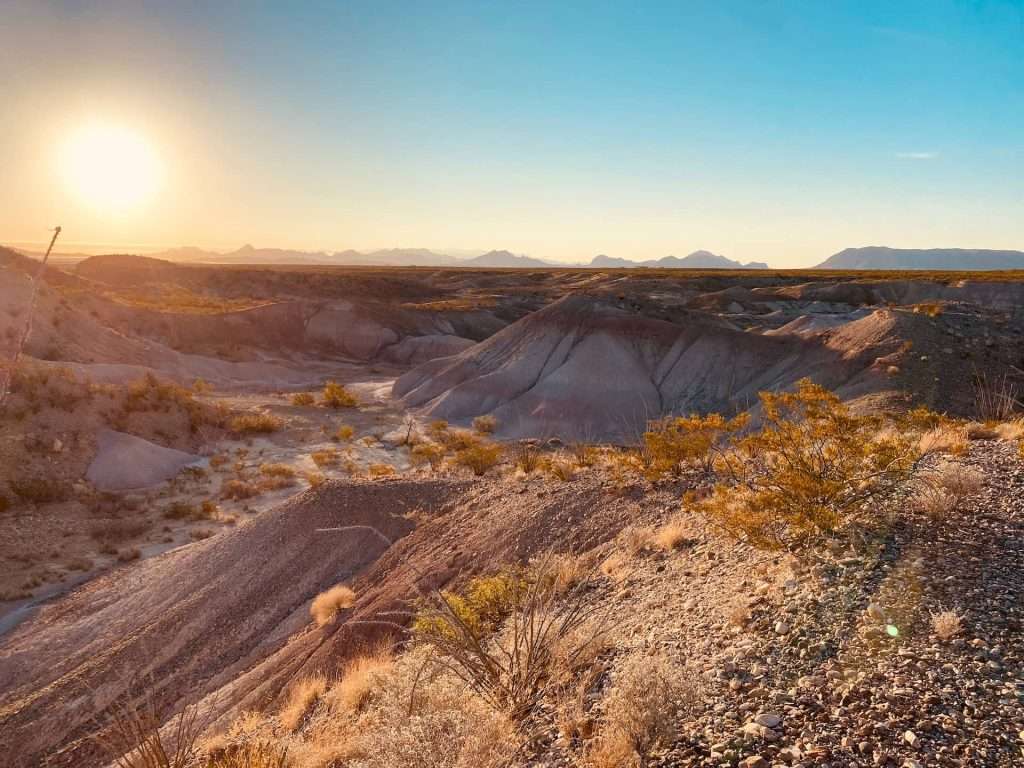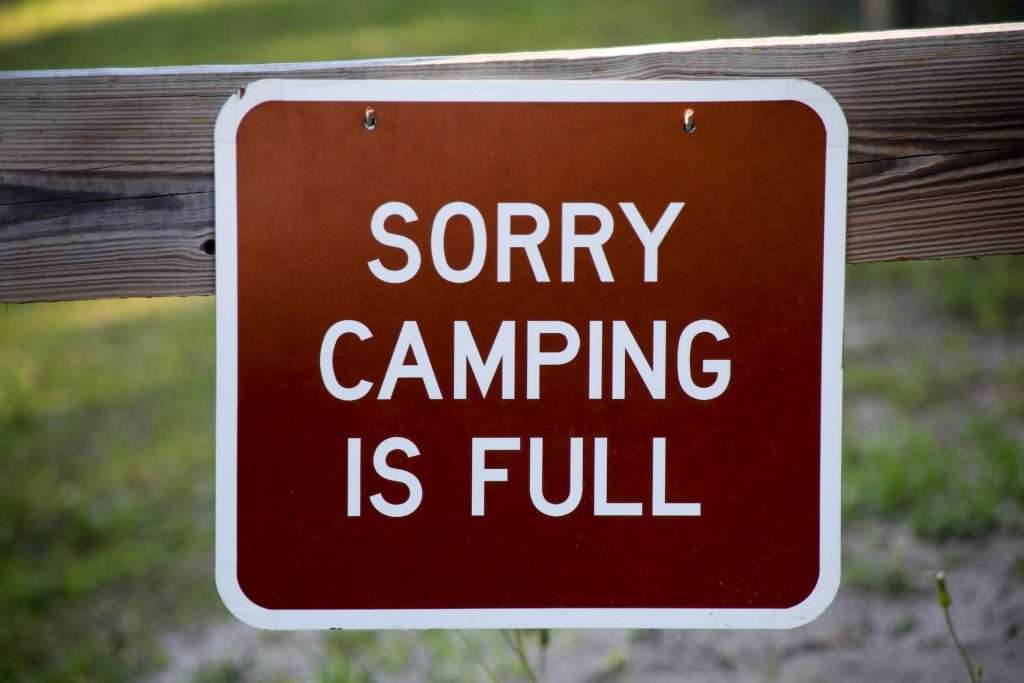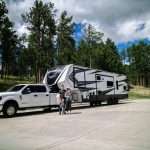
How To Start An RV Park In Texas: What You Need To Know
As an entrepreneur who’s passionate about outdoor living and travel, I’ve often looked into how to start an RV park in Texas more often than I’d like to admit.
If you’re like me, the allure of establishing a community for fellow adventurers can be a rewarding and potentially lucrative venture. In this article, we will explore exactly that — how to start an RV park in Texas, the opportunities it presents, and the challenges you might face along the way.
The Lone Star State, with its vast landscapes, diverse tourist attractions, and a growing population of RV enthusiasts, provides a compelling backdrop for such a venture. From the planning stages to operational advice, we will navigate the process of creating an inviting oasis for RV owners in Texas. We’ll delve into local regulations, required permits, infrastructural considerations, and business planning necessary to get your RV park off the ground.
So, if you’ve been dreaming about how to start an RV park in Texas, you’ve come to the right place. Buckle up as we embark on this exciting journey together.
How To Start An RV Park In Texas: What Makes Your Location Appealing?
Texas is an incredibly RV-centric state, making it a prime spot for establishing your RV park. However, this also means the market can be quite competitive. One of the key components when considering how to start an RV park in Texas is identifying what makes your location and park unique and, therefore, more appealing to potential customers.
Location is critical in the RV park industry. Proximity to popular tourist attractions, natural beauty spots, or significant transit routes can be a major draw.
Perhaps your location offers easy access to famous Texas sites such as the Alamo, the River Walk in San Antonio, or the picturesque landscapes of Hill Country. Maybe it’s near major cities like Houston or Austin, or maybe it provides a convenient stop for those embarking on the iconic Route 66 road trip. The more attractive and convenient your location, the more likely you are to attract RV owners.
Beyond geographical appeal, consider what your RV park can offer to make it stand out. Will you provide top-tier amenities like free Wi-Fi, pet-friendly spaces, or state-of-the-art hookups?
Maybe you’ll focus on fostering a family-friendly environment or cater to long-term stays with additional facilities like a laundromat or a fitness center. Unique features and amenities make your RV park more appealing and give you a competitive edge in the crowded Texas RV park market.
As you figure out how to start an RV park in Texas, remember: it’s about more than just the basics. Your ability to offer something extra that captures the unique spirit of your park will make your venture truly thrive. The key lies in understanding your audience and catering to their needs while highlighting the unique charm of your location.
How To Start An RV Park In Texas: What About The Laws & Regulations?
When considering how to start an RV park in Texas, it’s crucial to understand the legal landscape. Several laws and regulations are in place to ensure the safety, health, and enjoyment of both RV park operators and their guests. One primary regulatory authority you’ll interact with is the Texas Commission on Environmental Quality (TCEQ).
The TCEQ provides comprehensive compliance resources for RV park owners, addressing wastewater disposal, waste management, public water systems, and air permits. For instance, any RV park that supplies “water for human consumption for at least 15 connections or 25 people” is considered a public water system. Therefore, it is required to follow specific regulations concerning water quality and testing.
Zoning regulations are another critical aspect. Before purchasing land for your RV park, ensure the land is appropriately zoned for such use. If it isn’t, you may need to apply for a change in zoning or special use permit, which can involve public hearings and city council approval.
Furthermore, your RV park must also comply with regulations outlined by other agencies, such as the Texas Department of State Health Services, which sets rules concerning things like pool safety and food service if you plan to offer these amenities.
Building and safety codes are another key consideration. These regulate everything from the distance between RV units to constructing park buildings and installing utilities. All these elements must be considered in your site planning and layout.
In short, understanding and adhering to all applicable laws and regulations is a critical step when figuring out how to start an RV park in Texas. You might want to seek advice from a lawyer or consultant who is well-versed in Texas RV park regulations to ensure you’re fully compliant, protecting your business and your guests.
How To Start An RV Park In Texas: What Equipment Do You Need?
Understanding the equipment requirements is paramount when exploring how to start an RV park in Texas. Basic necessities include the RV sites (obviously) and utilities, which encompass electricity hookups, water supply, and sewer lines. Each RV space will need its own utility hookups, which are critical for providing essential services to your guests. Also, consider installing a reliable Wi-Fi network, as many RV owners expect internet connectivity during their stay.
In terms of considerations for Texas’ climate, it’s vital to think about installing shade structures if you don’t have a lot of natural shade at your park’s location. Texas is known for its hot summers, and providing shaded areas or awnings can significantly increase your park’s appeal. Additionally, having good-quality outdoor furniture and barbeque equipment can elevate the camping experience for your guests.
Now last but not least, you also need to consider premium or luxury amenities and equipment. This could include a variety of amenities such as swimming pools, recreational facilities like game rooms or sports courts, onsite laundry facilities, or even a convenience store for essentials. Upgraded utility services, such as cable TV hookups or high-speed Wi-Fi, can also be considered a premium offering.
Offering these types of amenities could allow you to command higher rates and attract a specific clientele looking for a luxury RV experience. However, they also come with increased costs in terms of initial investment and ongoing maintenance.
FAQs About How To Start An RV Park In Texas
How much does it cost to open an RV park in Texas?
The cost to open an RV park in Texas can vary greatly depending on several factors, such as the size of the park, its location, the number of amenities offered, and the cost of land in the chosen area.
Generally, costs include:
- Purchasing or leasing land.
- Site development (like grading and paving).
- Utility setup.
- Building construction (if applicable).
- Landscaping.
- Regulatory fees.
As a rough estimate, the cost can range from $10,000 to $50,000 per site — which includes full hookups, gravel roads, and pads.
How profitable is an RV park?
The profitability of an RV park can depend on several factors, including its location, the number of sites, the occupancy rate, the cost of operation, and the rates charged per night or month.
High-quality RV parks in desirable locations with excellent amenities can command higher rates, increasing profitability. On average, RV parks have a profit margin between 10% to 30% after operating costs, but this can be much higher with careful management, effective marketing, and high occupancy.
Remember that running an RV park also requires ongoing maintenance, utilities, staff wages, and marketing costs, which all factor into profitability. Additionally, seasonal variations can impact income, with typically higher occupancy in the warmer months.
Final Thoughts
Learning how to start an RV park in Texas — and ultimately getting the ball rolling — can be both exciting and challenging. It requires careful planning, understanding the legal landscape, securing the right location, investing in the necessary equipment, and a firm commitment to providing the best experience for your guests.
With its diverse landscapes and a growing community of RV enthusiasts, Texas offers immense potential for a well-planned and well-managed RV park. As you take on this new challenge, remember your dedication to creating a unique and welcoming space for travelers who can transform your RV park from a simple stopover into a destination in its own right.
Good luck!








